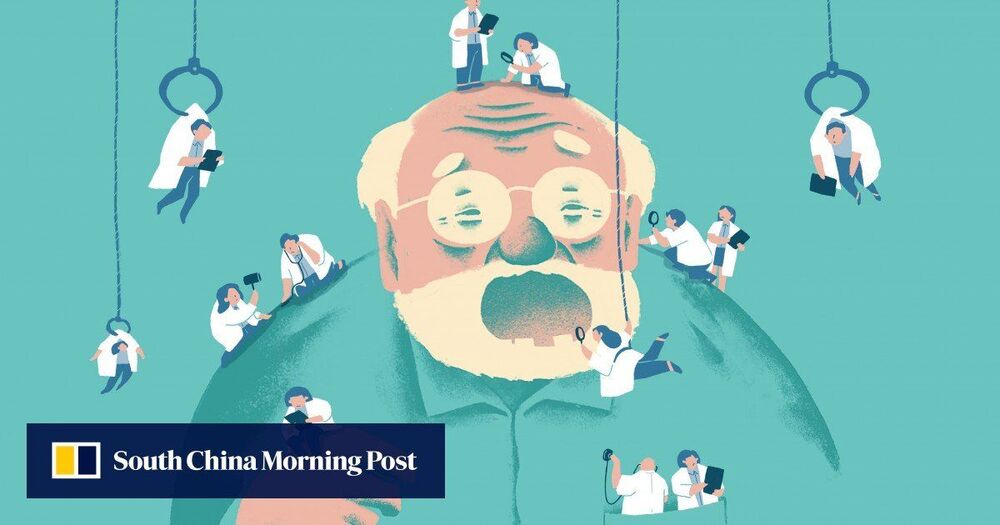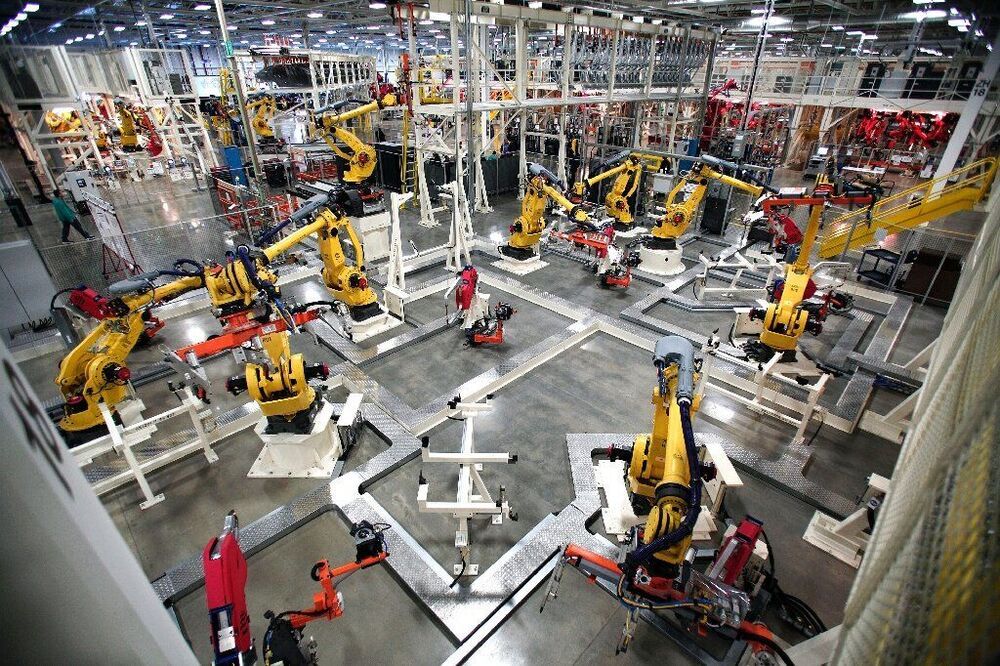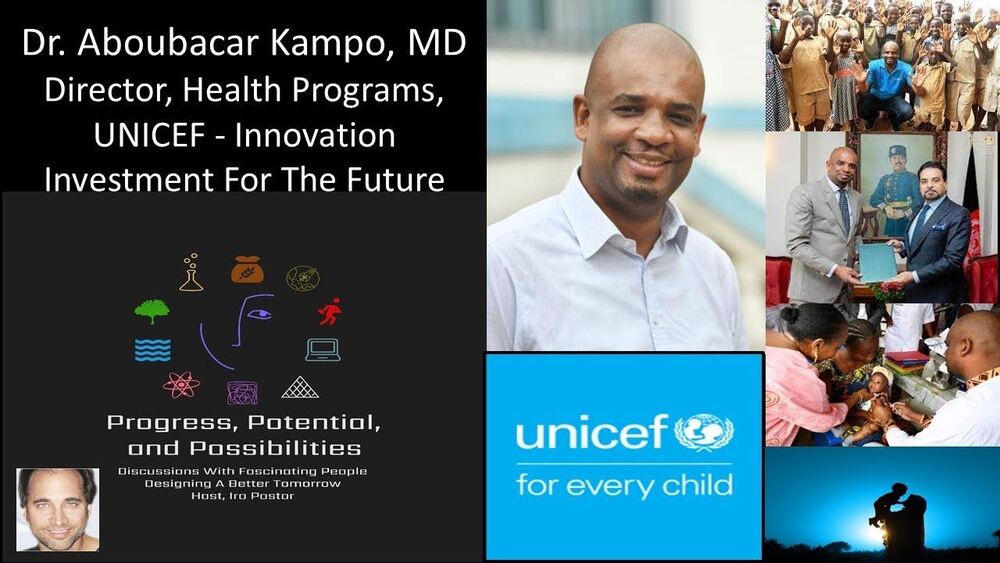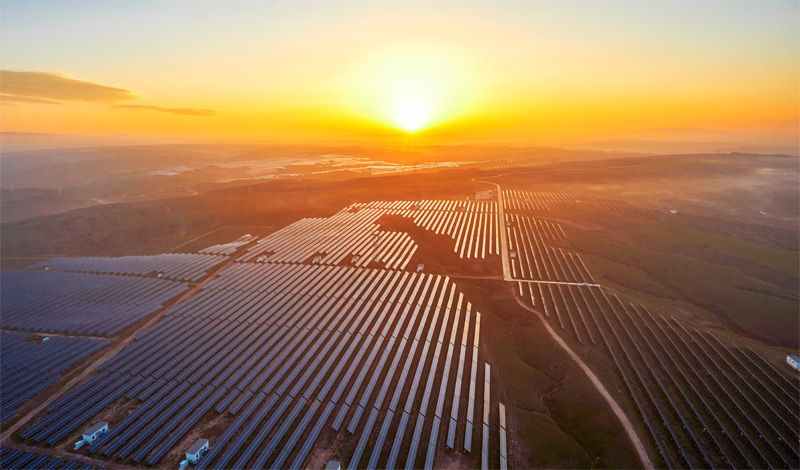Aug 4, 2021
Elon Musk Is Mining A Golden Asteroid Worth $700 Quintillion
Posted by Kelvin Dafiaghor in categories: economics, Elon Musk, space travel
Giant Golden Asteroid Could Make Everyone On Earth a Billionaire.
Subscribe for more amazing videos! ► http://bit.ly/Subscribe-to-Richest ◄
Out there in space, right now above our heads, is a wealth of knowledge. And in this case, we mean that literally. Believe it or not, in our very solar system, there is an asteroid that is thought to be the remnants of a planet core. And that means that all those pricey metals that we have to dig for here on Earth, are exposed, and ripe for the taking. Estimates put this giant space faring gold mine at 10000 quadrillion dollars, and who knows, if we can get up there to explore it up close, we may find that it is worth even more. What would this do to our economy? Just how rich would this make everyone on earth if it was split evenly? Are there any missions planned to get up there? Oh, we got your answers right here. In today’s video we are getting scientific, while making sure to not skimp out on the riches, so we can give you the scoop on this nearby, giant, golden asteroid. If it piques your interest, you’re not alone. None other than Elon Musk has made comments about his thoughts on mining this bad boy, and considering SpaceX will be the company that supports NASA in this quest, you better believe it’s something we should all take seriously. It would bring all new meaning to the phrase, the rich only get richer. So sit back, relax, and get ready to countdown from ten, as we fire all the thrusters and blast off into the final frontier to give you the scoop on the absurd amount of gold floating around in our solar system.
Continue reading “Elon Musk Is Mining A Golden Asteroid Worth $700 Quintillion” »

















